At least 32 killed in Bangladesh as protesters torch state broadcaster
Bangladeshi students have set fire to the country's state broadcaster amid escalating clashes that have killed at least 32 people.
Hundreds of protesters demanding reform of civil service hiring rules on Thursday fought back and overwhelmed riot police who had fired at them with rubber bullets.
The crowd chased the retreating officers to BTV's headquarters in the capital Dhaka, then set ablaze the network's reception building and dozens of vehicles parked outside.
A post on BTV's verified Facebook page said the fire was "catastrophic" and "spreading fast."
The broadcaster said "many people" were trapped inside as the fire spread, but an official from the station later said they had safely evacuated the building.
At least 25 people were killed on Thursday in addition to seven killed earlier in the week, according to a tally of casualty figures from hospitals, with hundreds more wounded.
Prime Minister Sheikh Hasina's government has ordered schools and universities to close indefinitely as police step up efforts to bring the country's deteriorating law and order situation under control.
She has already extended an offer of reconciliation by promising justice for the people who lost their lives during the protests.
For weeks, students have been protesting against a quota system for government jobs they claim benefits the supporters of the ruling party. But tensions have risen significantly following clashes of July 15 between protesters, law enforcement, and pro-government student activists at Dhaka University.
Rights groups have accused the administration of seizing control of state institutions and suppressing opposition voices, even resorting to extrajudicial killing of activists.
The turmoil has been exacerbated by the soaring unemployment rate, as almost 20% of Bangladesh's populace is currently without a job. Demonstrators are calling for a fair meritocracy that benefits everyone.
Bangladesh implemented its quota system in 1972 under the leadership of Hasina's father, Sheikh Mujibur Rehman, who was the founding father and first president of the country.
In 2018, the quotas were declared unlawful and eliminated. However, the decision was reversed on June 5, when the country’s high court reinstated a quota that allocated 30 percent of government positions for offspring of “freedom fighters.”
An appeal to this change is scheduled to be heard by the Supreme Court on August 7.
Democrats press Trump to explain rationale behind new Iran strike amid warnings about dire risks
VIDEO | Press TV's news headlines
VIDEO | Ex-UK envoy to US arrested by British police
Department of Justice withholds, removes Epstein files that reference Trump: Probe
FM says historic opportunity at hand for unprecedented deal; vows Iran will defend sovereignty
Aid groups challenge Israeli ban that could starve Gaza, West Bank
Hamas denounces Israel’s threats to destroy resistance, slams ceasefire violations
Lebanese army orders troops to return fire after Israeli attack near border post


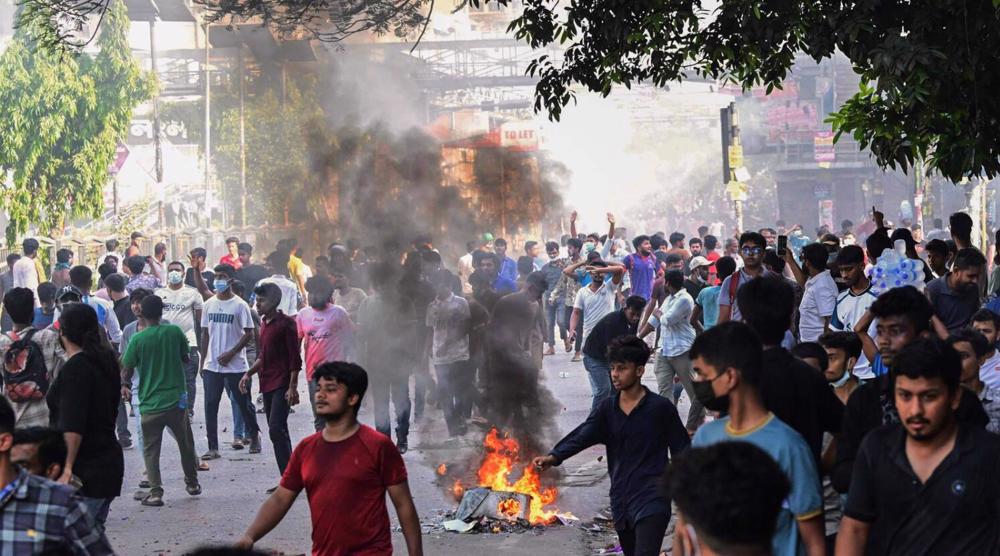
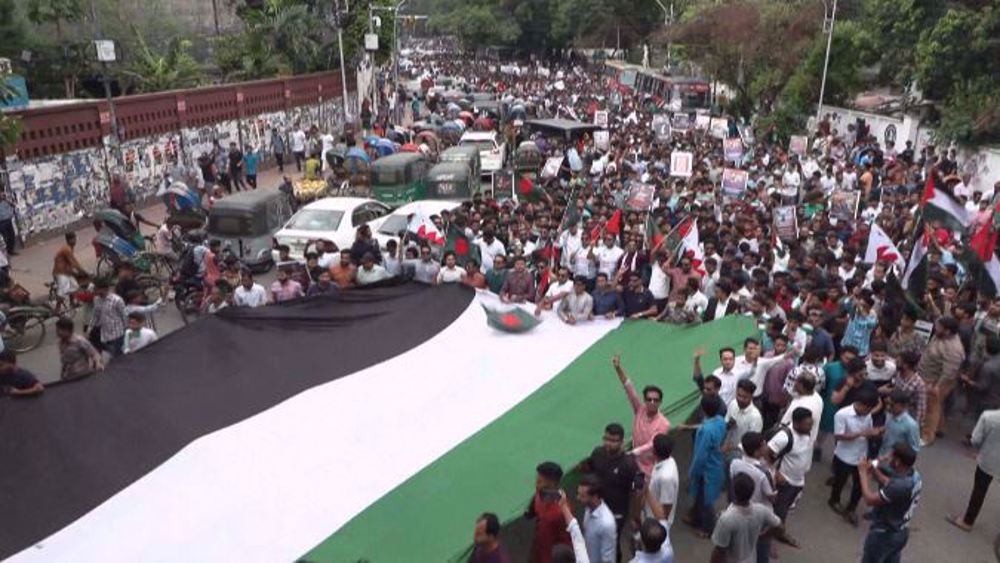






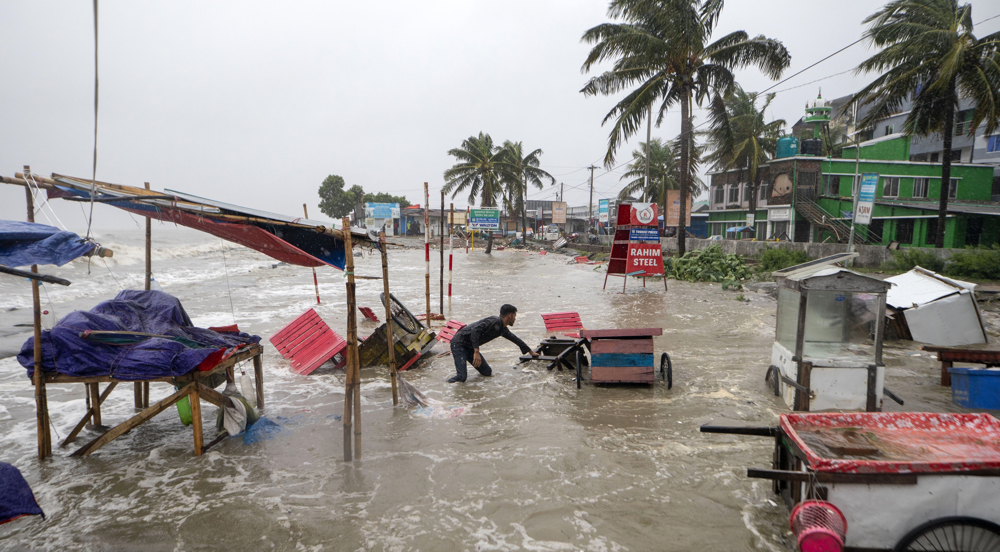
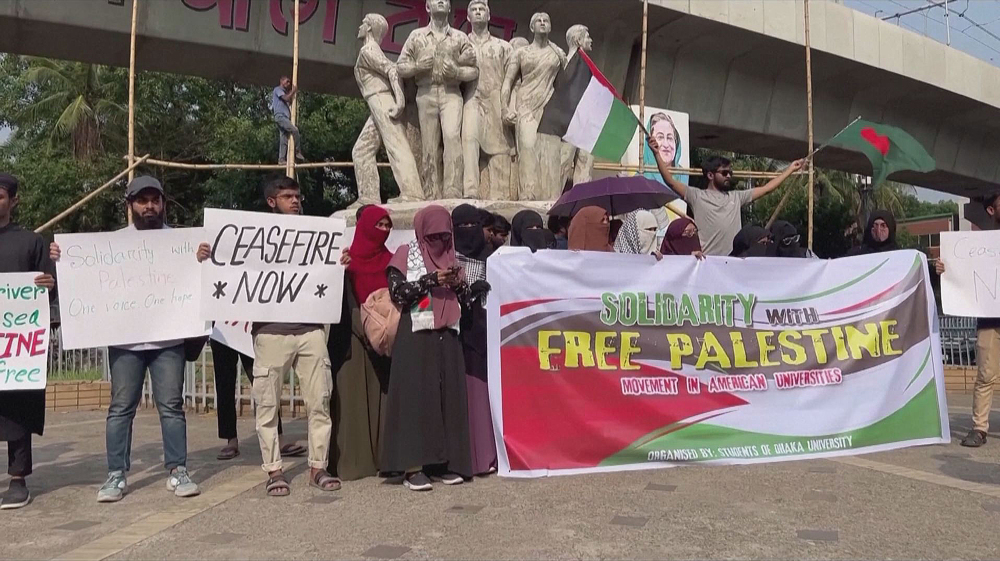
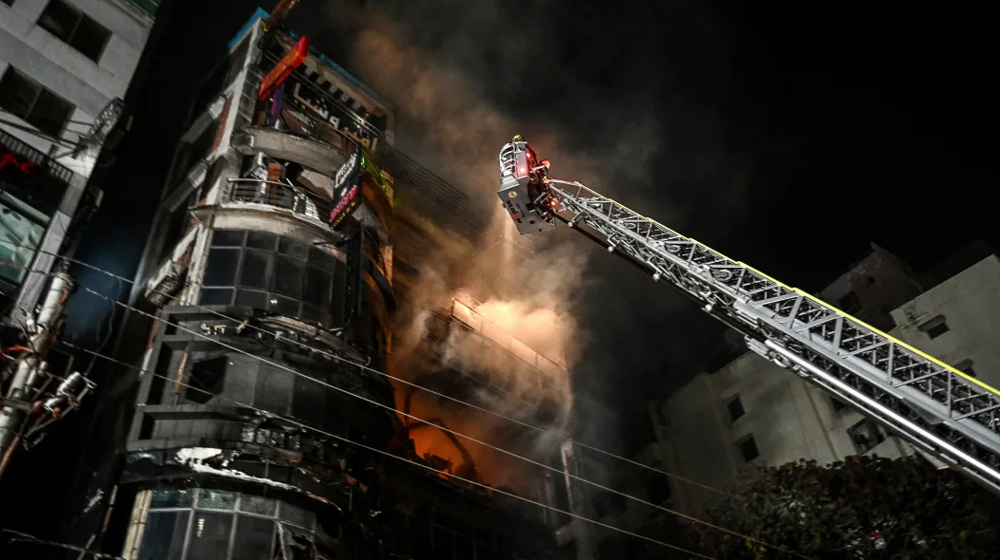
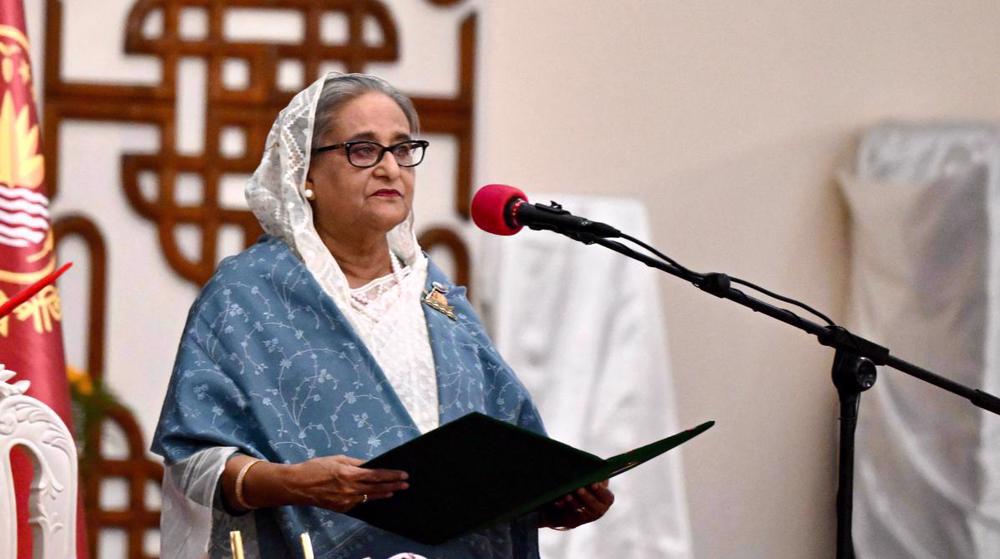
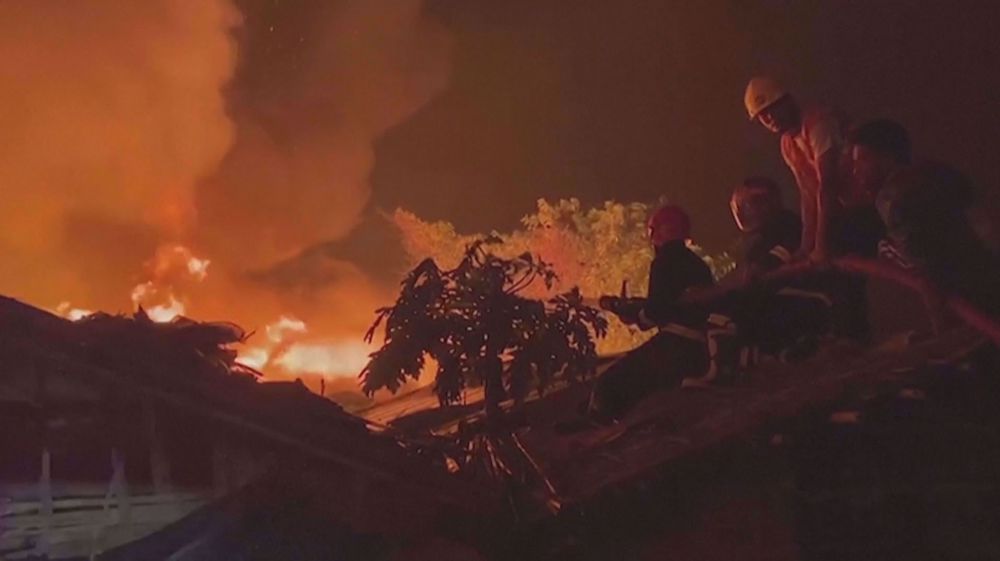
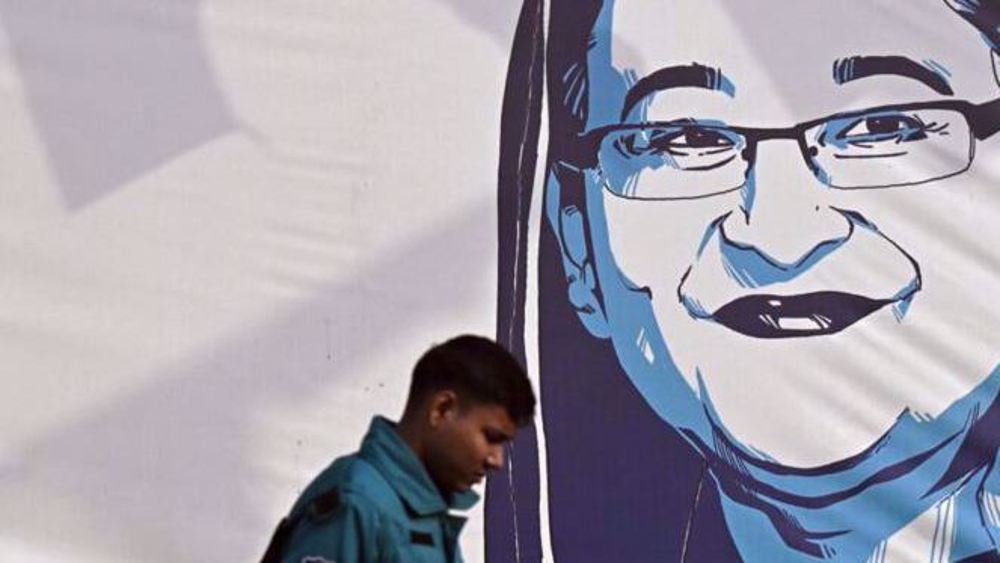

 This makes it easy to access the Press TV website
This makes it easy to access the Press TV website